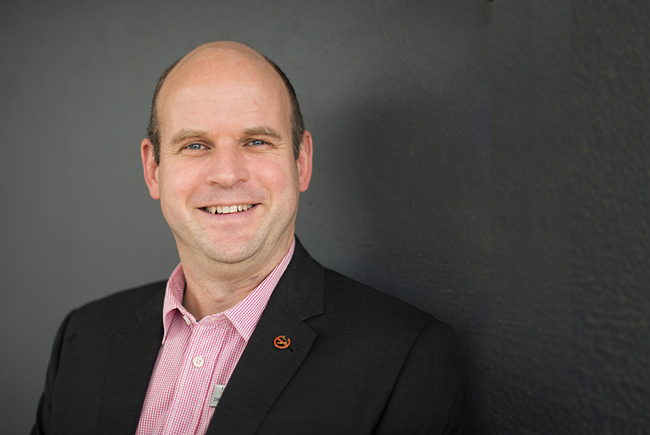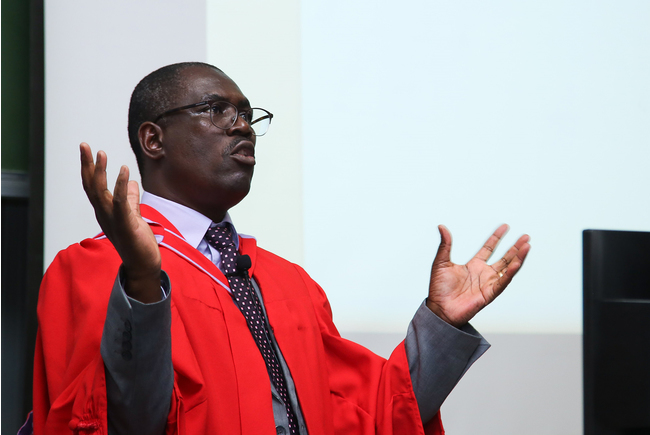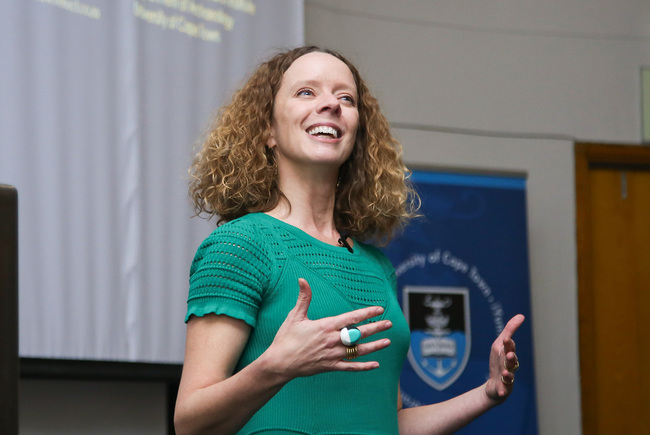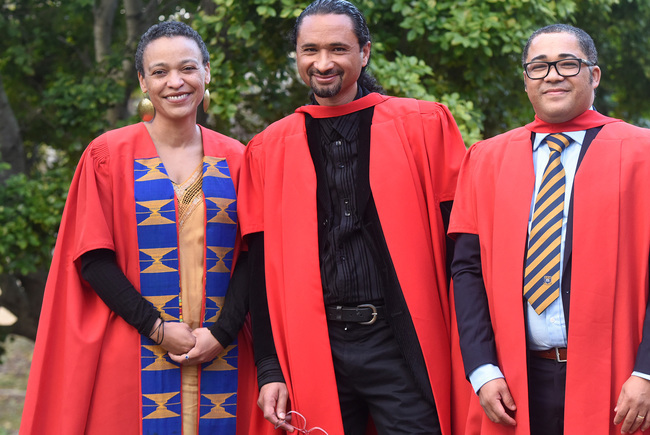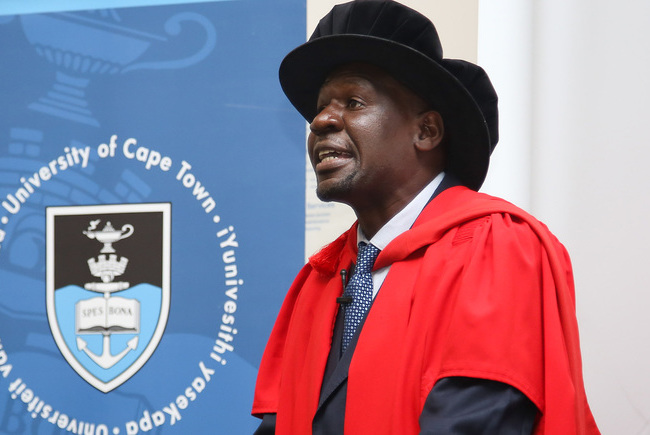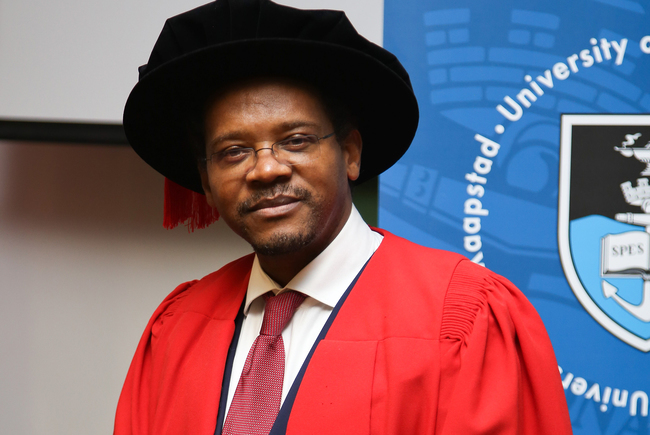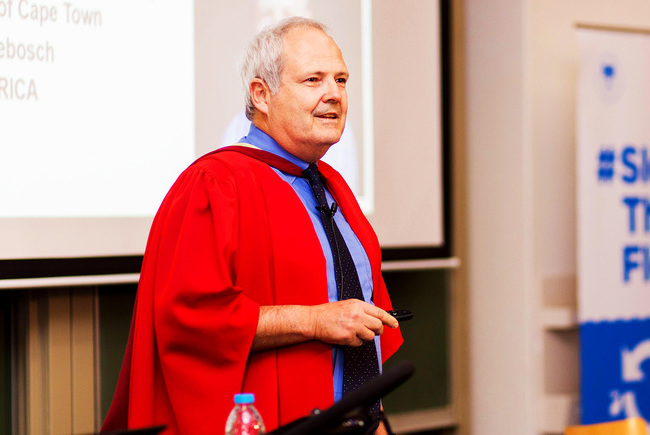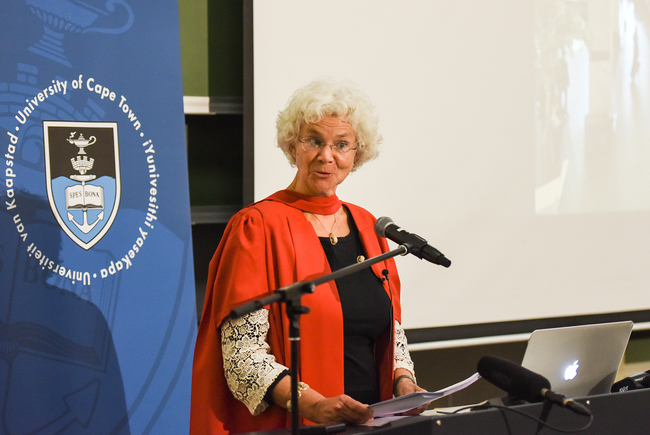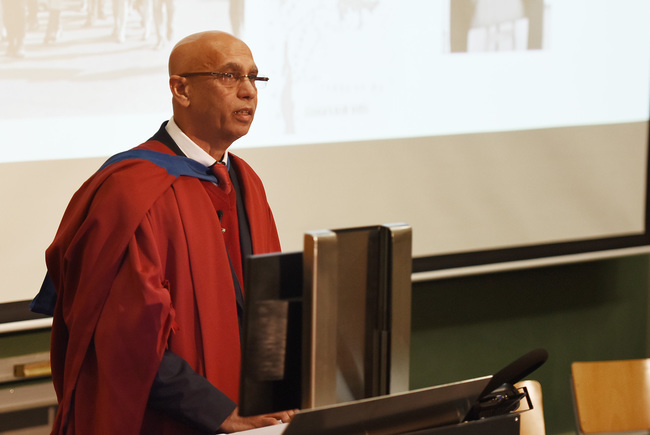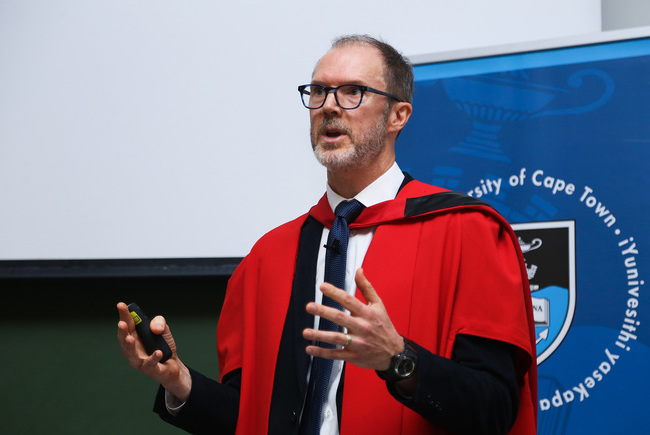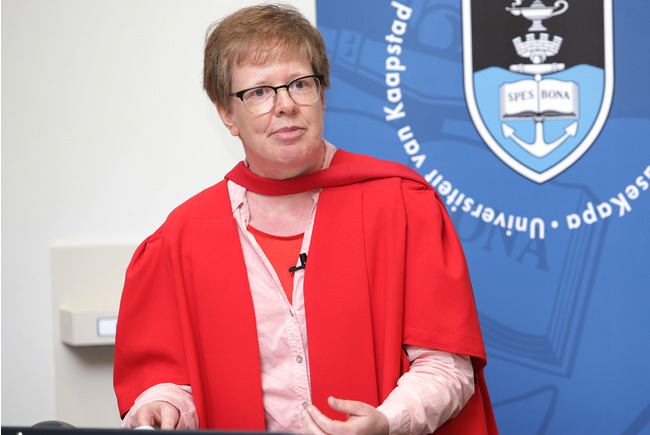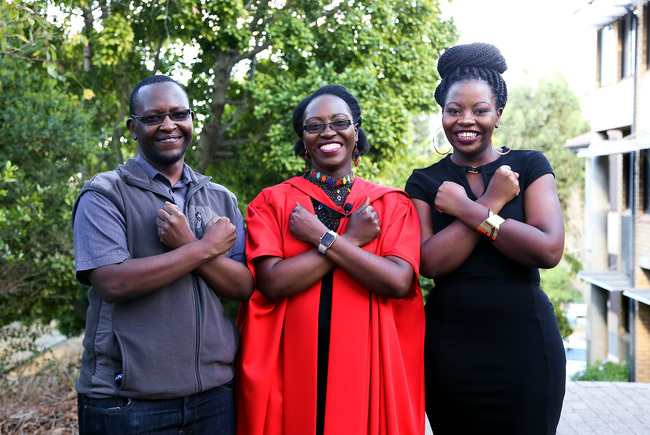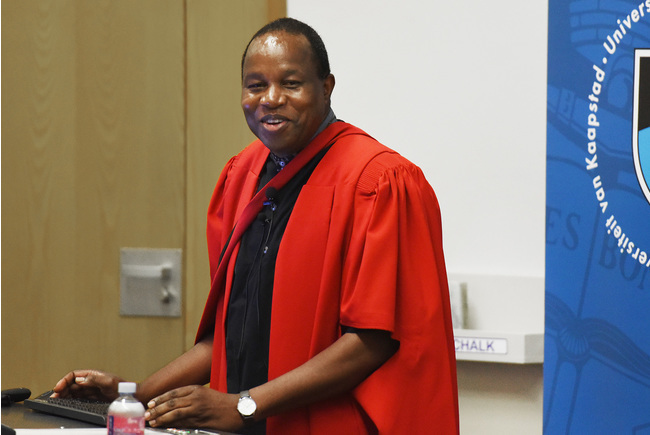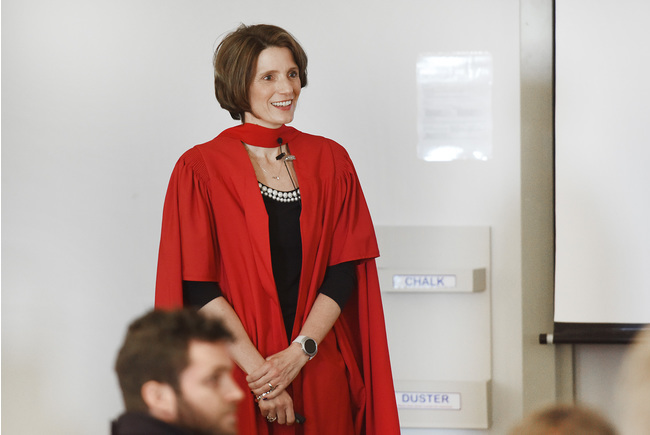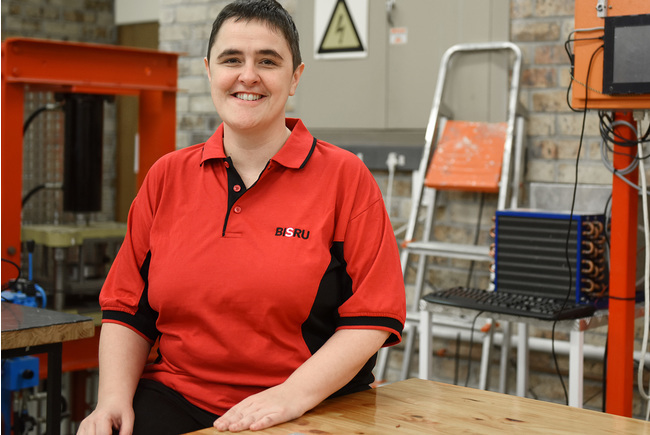Construction projects require a targeted strategic formula to succeed
19 May 2022 | Story Niémah Davids. Photo Supplied. Read time 4 min.As developments sprout across the city, the country and the continent, the University of Cape Town’s (UCT) Professor Abimbola Windapo said there’s no one-size-fits-all approach to a construction project, and its success depends on several factors.
Professor Windapo, the deputy dean of postgraduate studies in UCT’s Faculty of Engineering & the Built Environment, reached the pinnacle of her career when she delivered these and other comments during her inaugural lecture on Wednesday, 18 May. Her entry into the professoriate as a full professor in construction management makes her the first woman to attain this title in South Africa.
The lecture was titled “Building resilient foundations to prevent project failure: Is there a formula for success?”. This work is the culmination of decades of research in the field of construction management in her homeland of Nigeria. It is there where she started her journey in academia at the Lagos State Polytechnic and the University of Lagos, before joining UCT’s Department of Construction Economics and Management in 2009.
“It gives me great pleasure and it is an honour to present my inaugural lecture,” she said.
Defining construction management
Addressing her audience, which included her family, friends and other guests from all over the world, Windapo said construction management is the process of ensuring that a construction project is executed efficiently, effectively and productively.
“The outcome of this process motivates those involved [in the project] to take appropriate actions and make appropriate decisions.”
“The outcome of this process motivates those involved [in the project] to take appropriate actions and make appropriate decisions. The project has to be produced to scope, it has to be timely, it must be cost efficient [with] zero harm and zero accidents,” she said.
But often, project stakeholders like architects, engineers and contractors hinder this essential process. As a result of their conflicting views and objectives, Windapo said projects fail to tick the necessary boxes, which leads to unfulfilled project objectives.
“[Therefore] the desired outcome on [construction] projects [should] motivate the project organisation to take [the] appropriate actions and the appropriate decisions in order to ensure that processes are efficient. If it’s not efficient, you won’t get the desired outcome,” she said.
Resilience in construction
According to Windapo, in recent years there’s been growing interest to build resilient construction projects, especially given the complexities and risks encountered during the various stages of a building project. She described resilience in construction as a dynamic buzz word that has gained prominence in the last few years. Yet, she added, what it means is the ability to withstand and recover from various hazards and vulnerabilities.
“Building resilient foundations means the preparedness to reduce risk, uncertainties and vulnerabilities that arise from construction project challenges which constraints the construction process,” Windapo said.
Resilience in construction responds to any challenges and helps the construction team to adapt quickly and effectively, circumvent any further challenges, and ensure that the project meets its objective. However, she said, some projects are vulnerable to failure, abandonment, collapse and even loss of life. So, understanding what went wrong is crucial.
“Understanding the cause of project difficulties will help us to evolve solutions towards making construction processes [more] resilient [in the future] and to achieve its objectives,” she said.
A formula for success
Though construction projects are similar, they also differ vastly. Therefore, they require a unique, strategic formula, targeted to each individual project to guarantee success on completion.
“Each project is unique and must be studied and understood by the construction management professional. [This will help them] to develop strategies and make decisions that will remove those inherent difficulties and make the construction process resilient and straightforward so that it succeeds,” she said.
“The recipe for success is found in the project forecast. Construction management strategies and propositions [will] make difficult projects easy to manage.”
 This work is licensed under a Creative Commons Attribution-NoDerivatives 4.0 International License.
This work is licensed under a Creative Commons Attribution-NoDerivatives 4.0 International License.
Please view the republishing articles page for more information.
The UCT Inaugural Lecture Series
Inaugural lectures are a central part of university academic life. These events are held to commemorate the inaugural lecturer’s appointment to full professorship. They provide a platform for the academic to present the body of research that they have been focusing on during their career, while also giving UCT the opportunity to showcase its academics and share its research with members of the wider university community and the general public in an accessible way.
In April 2023, Interim Vice-Chancellor Emeritus Professor Daya Reddy announced that the Vice-Chancellor’s Inaugural Lecture Series would be held in abeyance in the coming months, to accommodate a resumption of inaugural lectures under a reconfigured UCT Inaugural Lecture Series – where the UCT extended executive has resolved that for the foreseeable future, all inaugural lectures will be resumed at faculty level.
Recent executive communications
2025
2024
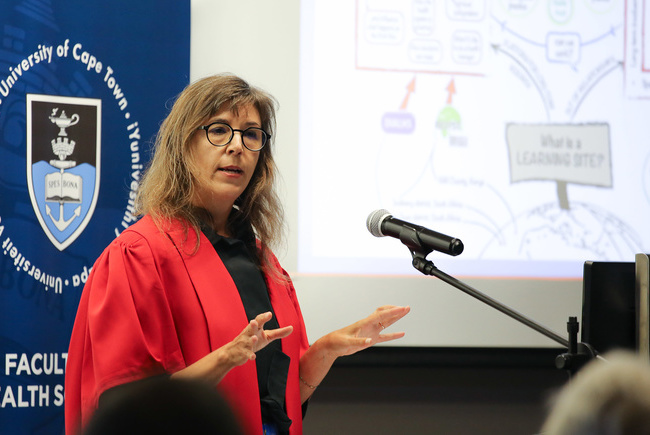
Professor Susan Cleary delivered her inaugural lecture on 14 March.
14 Mar 2024 - 5 min read2023
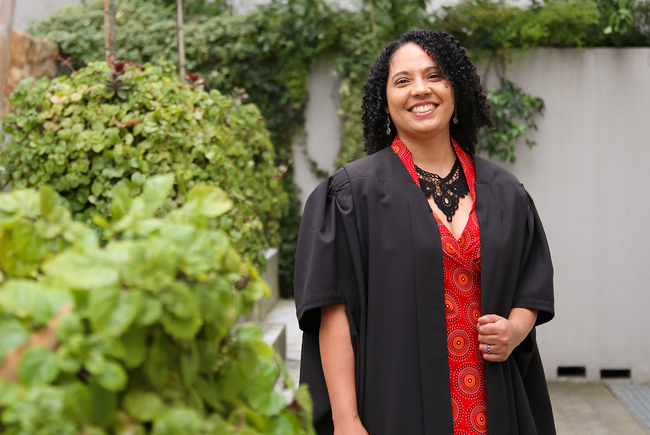
Prof Lydia Cairncross’s inaugural lecture provided a snapshot of the career path of a surgeon and community activist whose commitment to social justice means her work doesn’t end in the operating theatre.
02 Nov 2023 - 8 min read2022
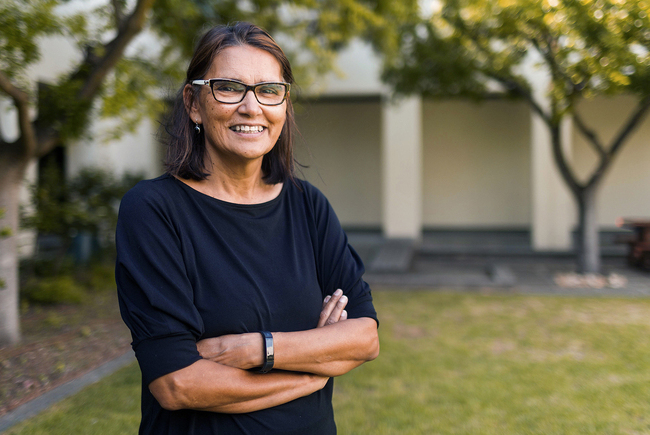
Professor Linda Ronnie is in UCT’s Faculty of Commerce.
28 Sep 2022 - 6 min read2021
2020
2019
2018
2017
2016 and 2015
No inaugural lectures took place during 2015 and 2016.


.jpg)





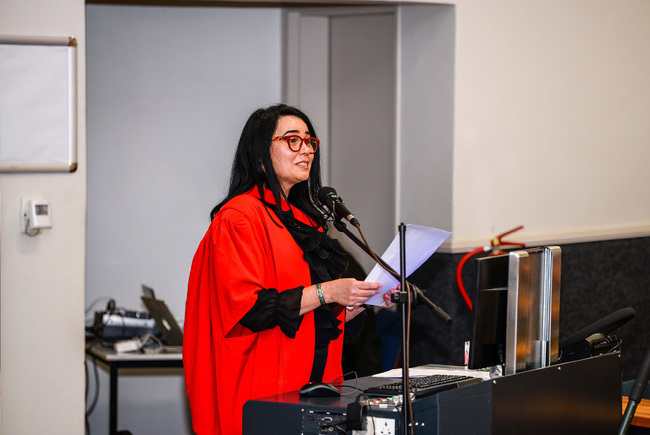


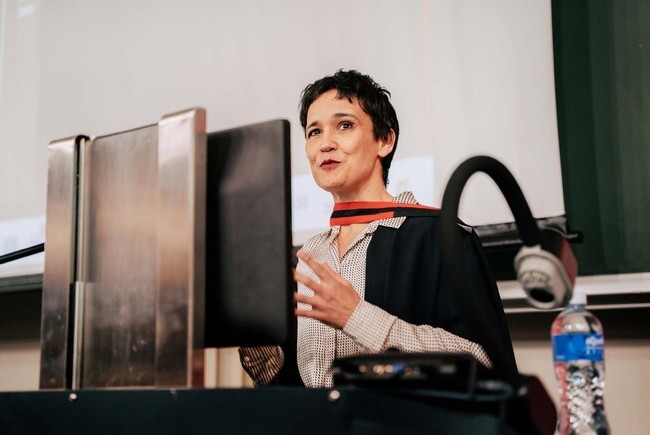
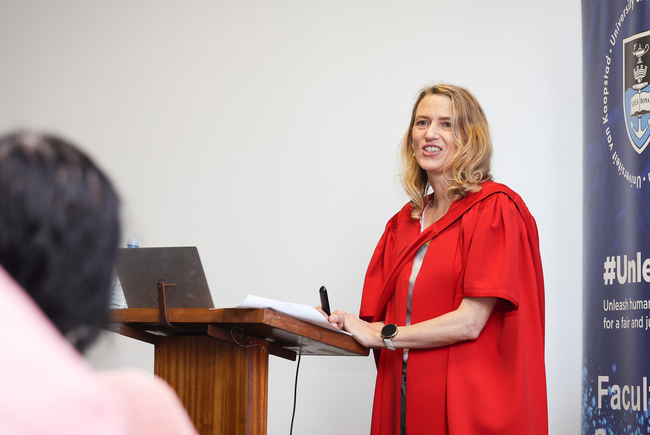
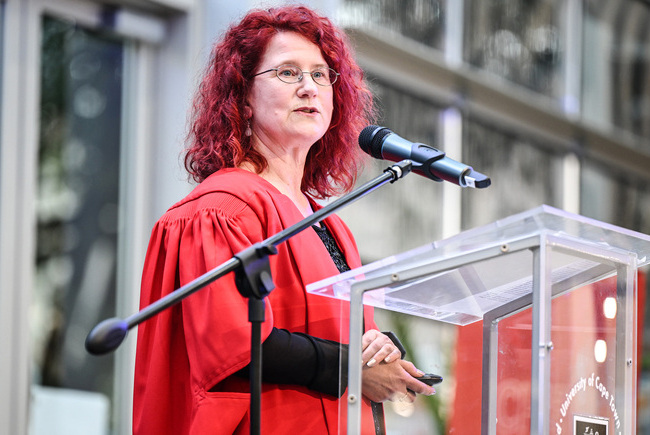

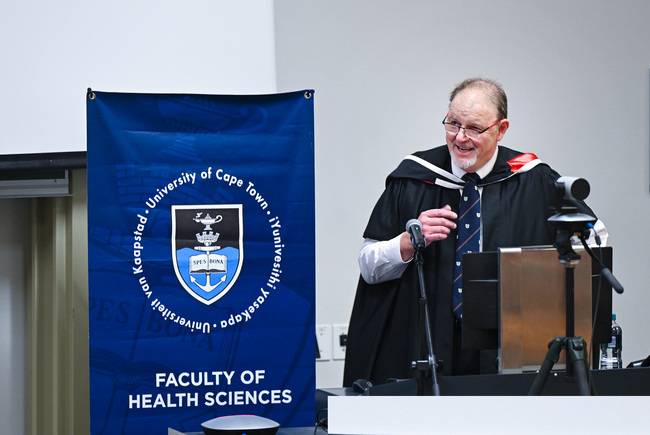
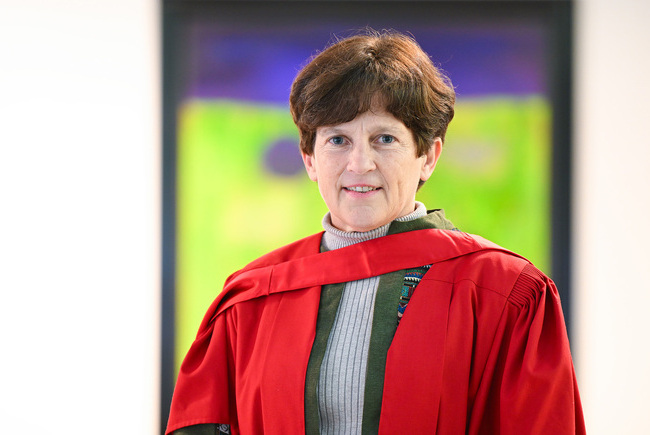
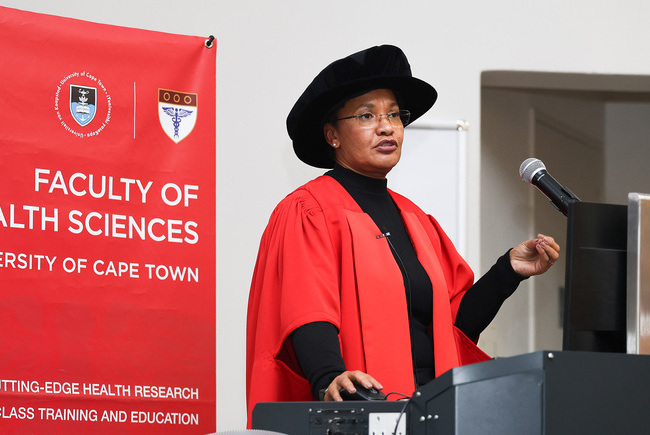
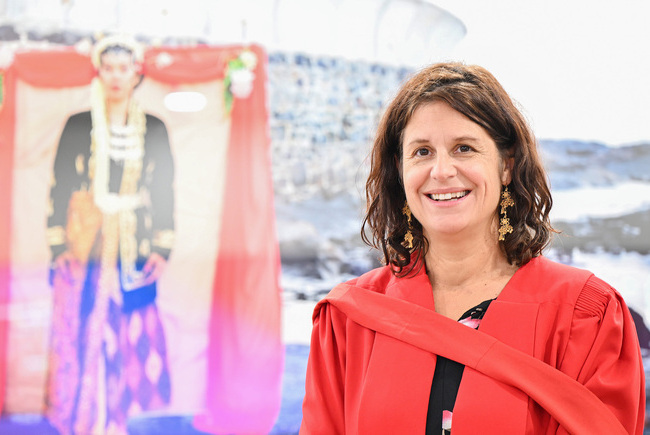
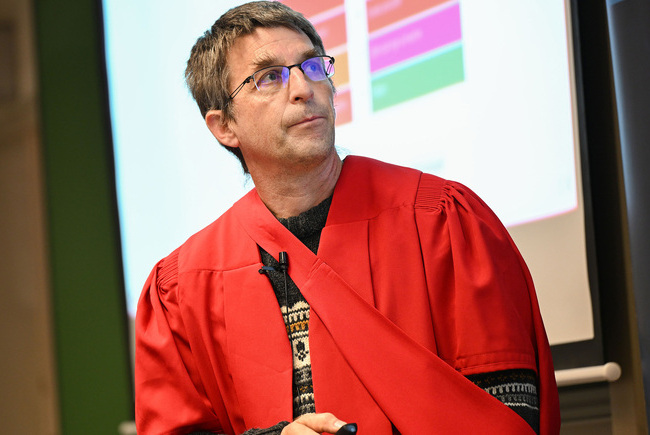
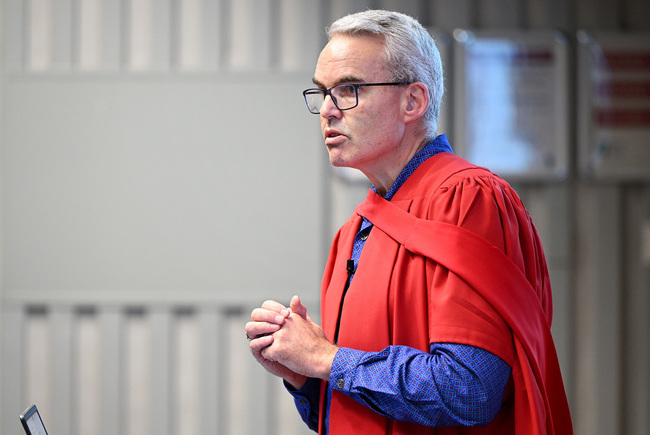

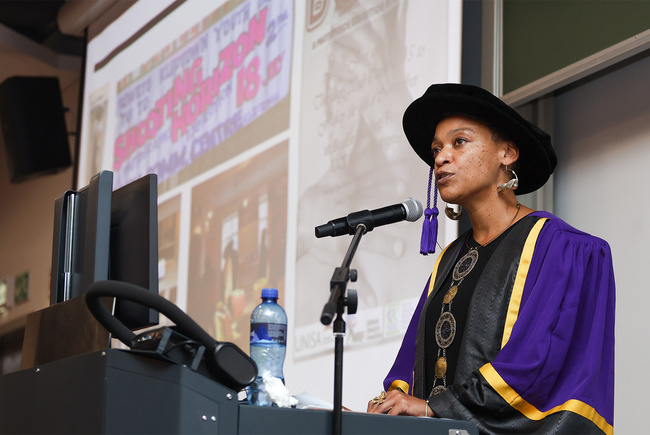
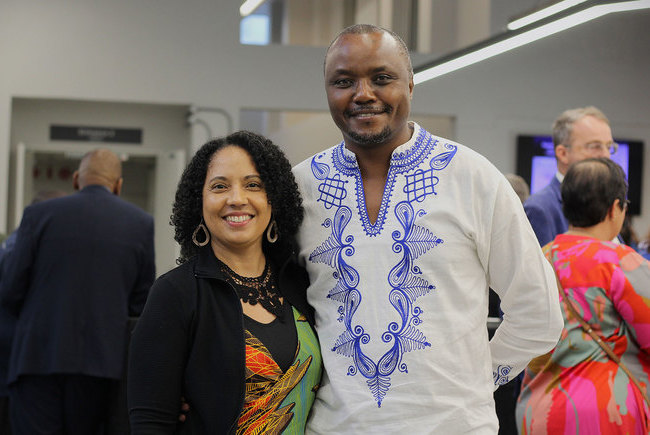
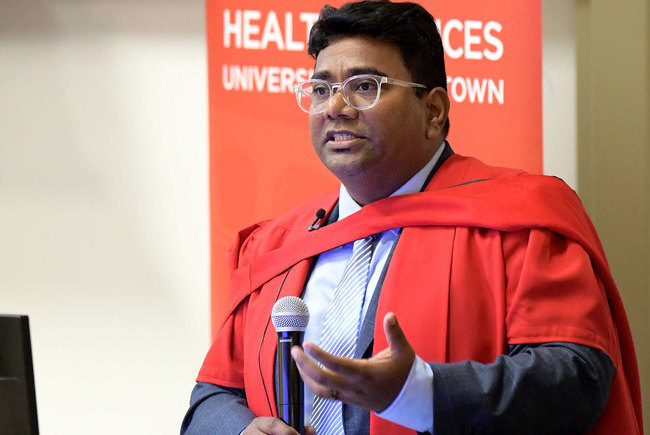

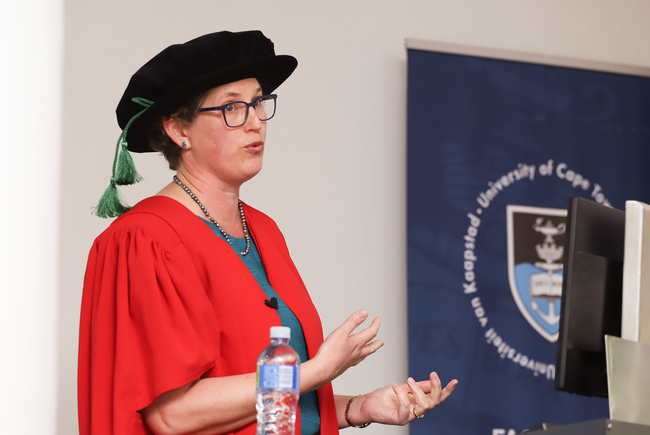
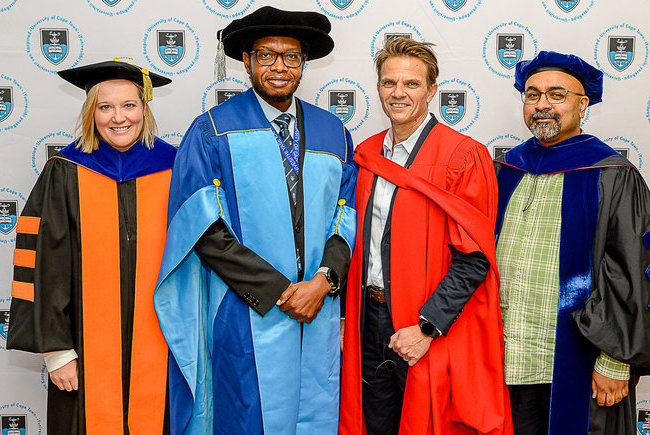
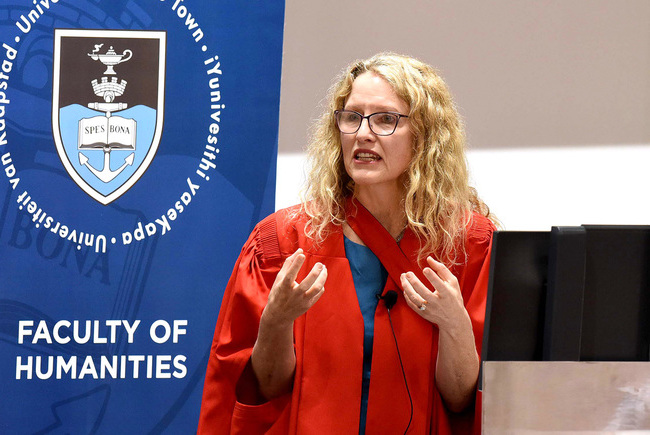
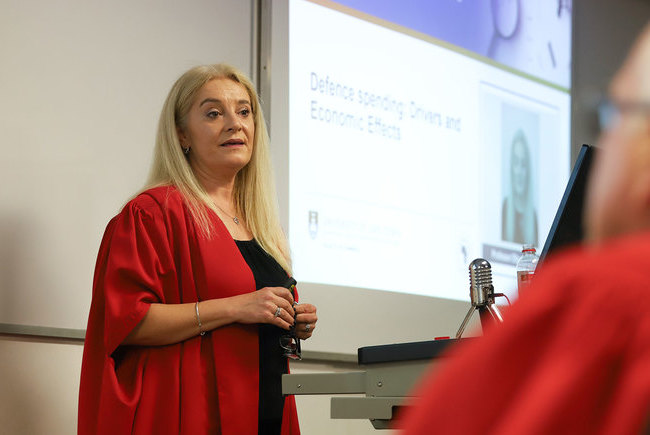
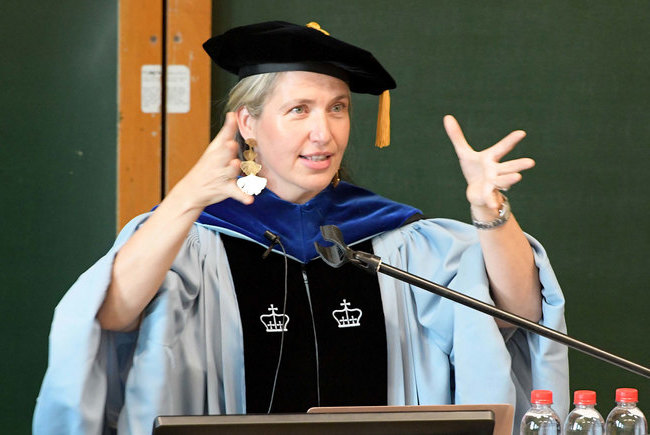
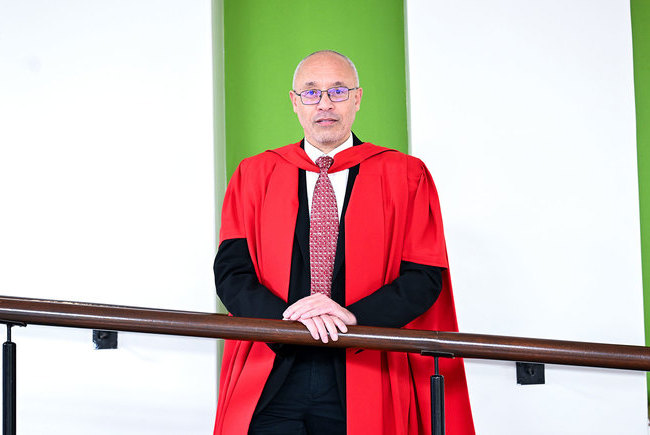
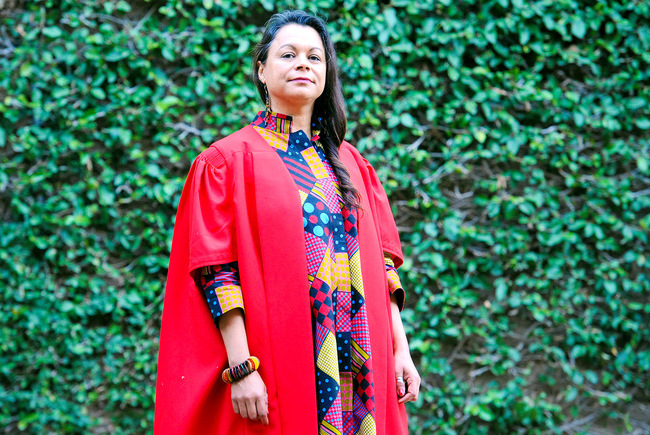
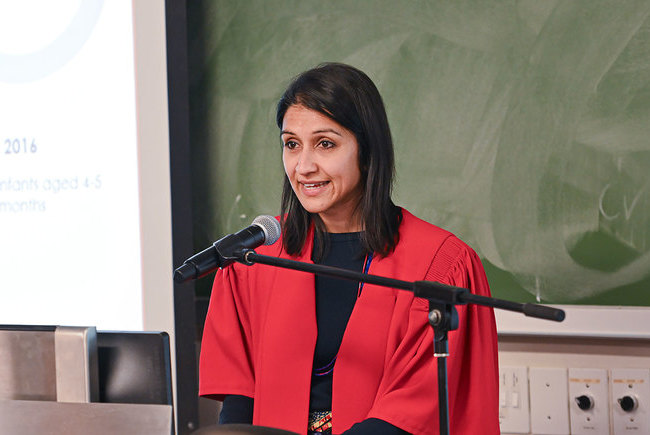
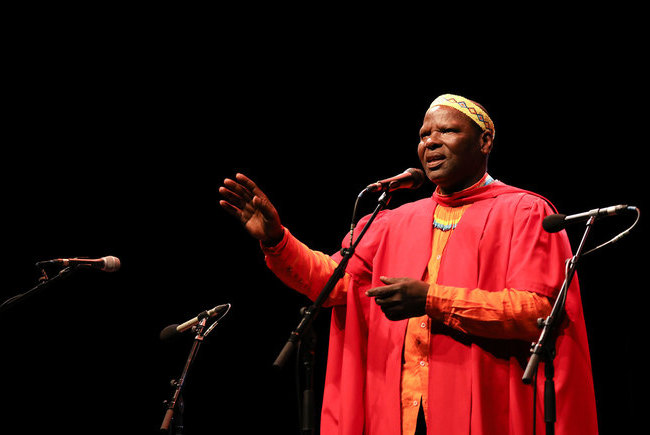
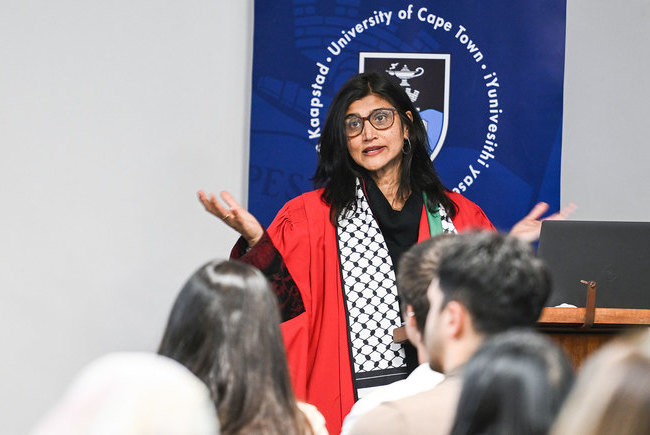
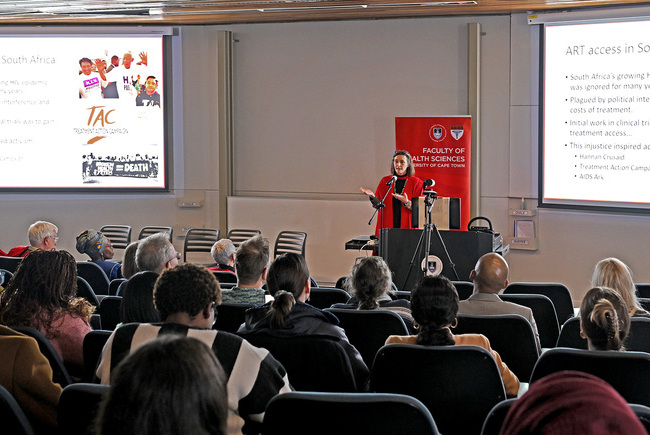
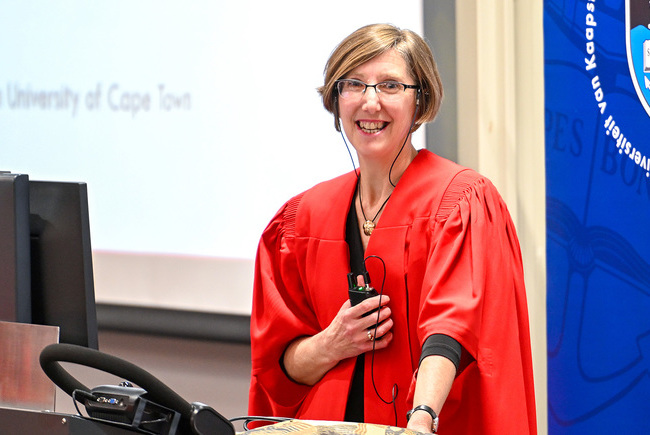
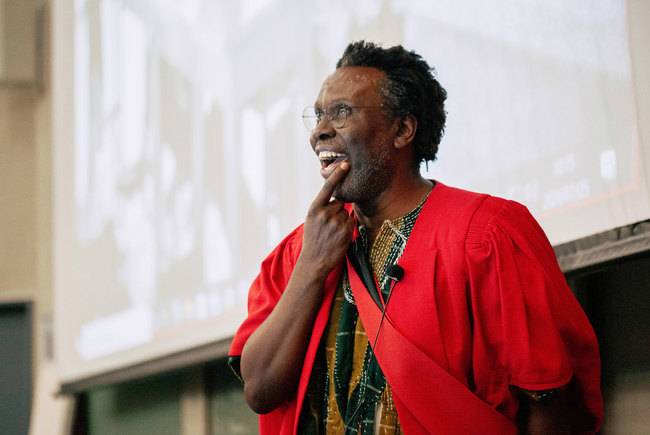
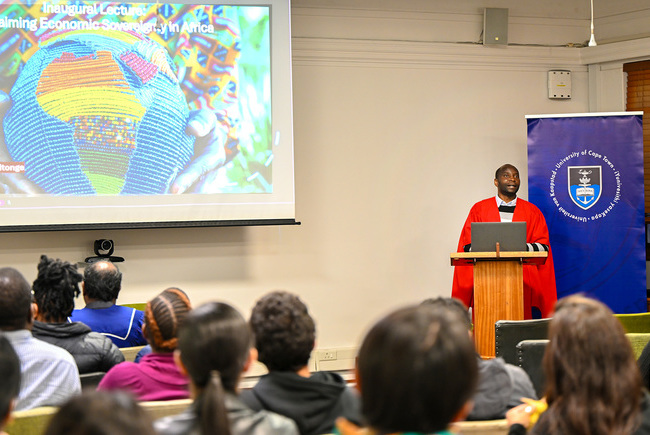
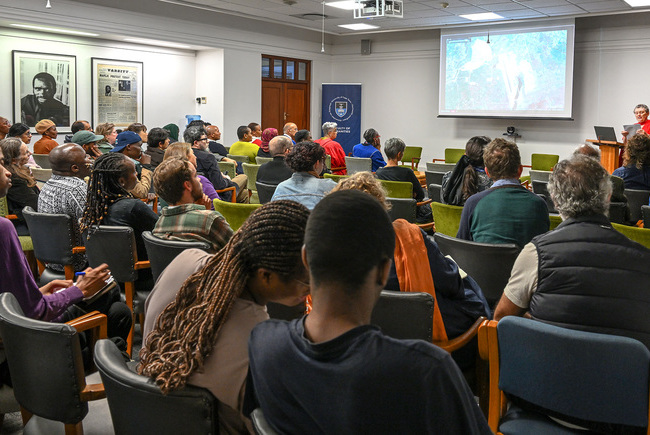
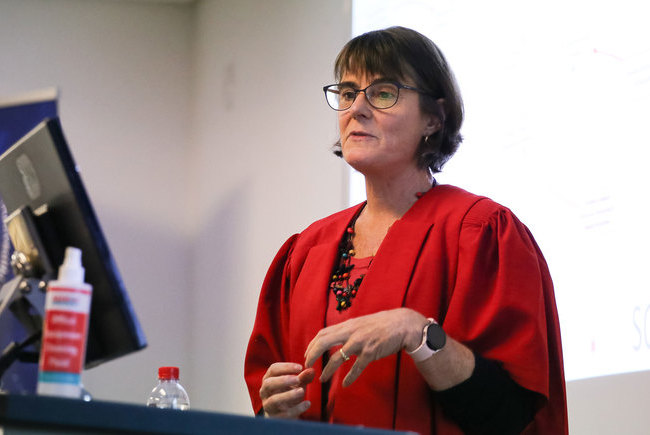
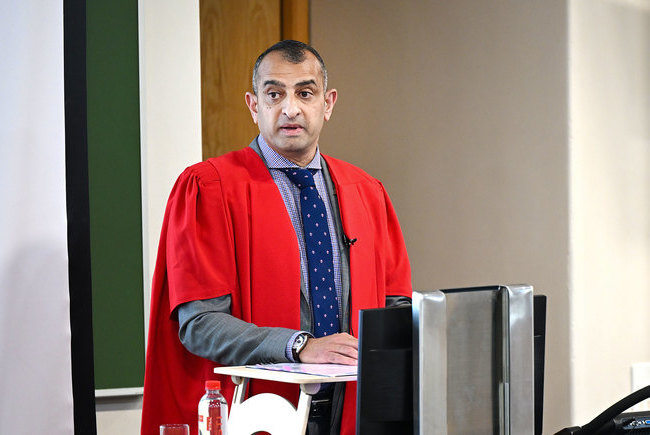
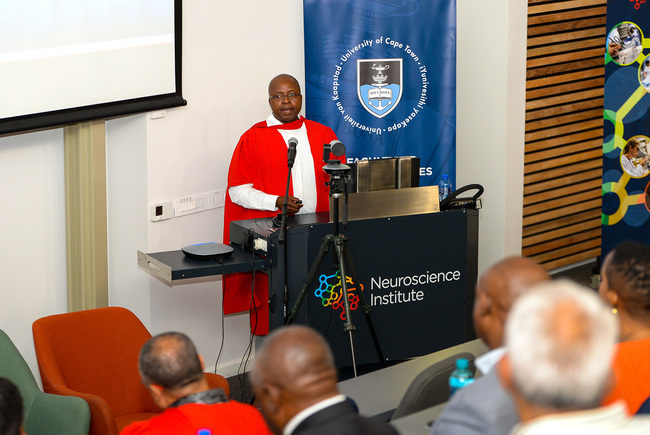

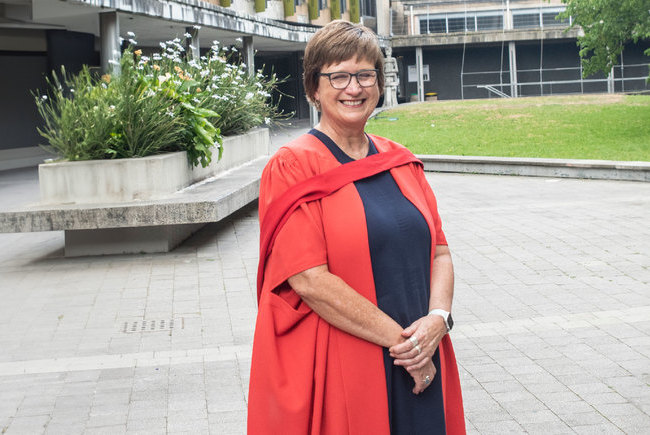

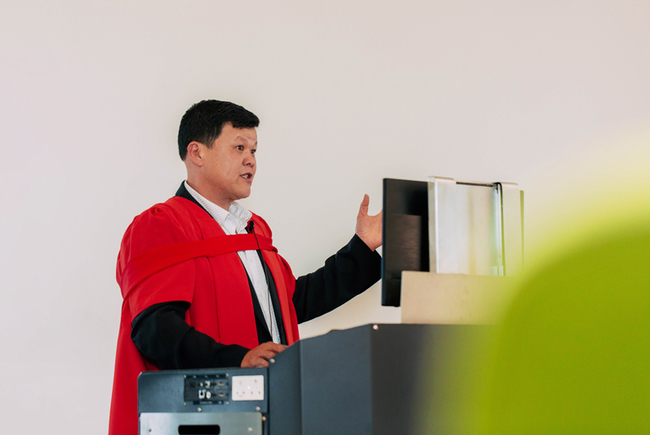
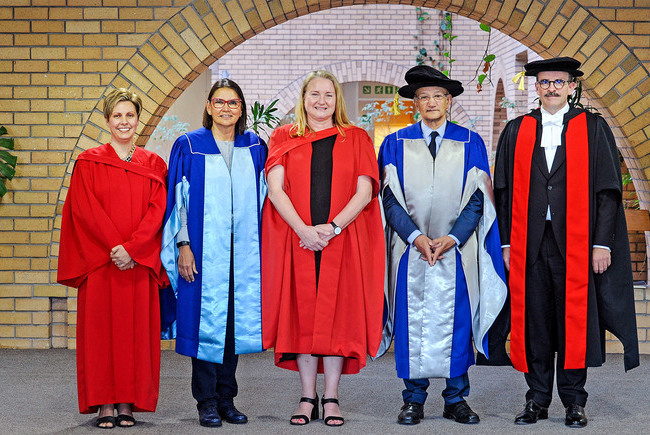

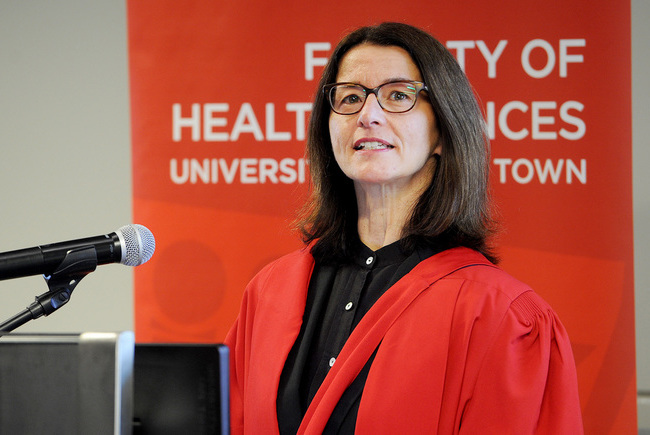
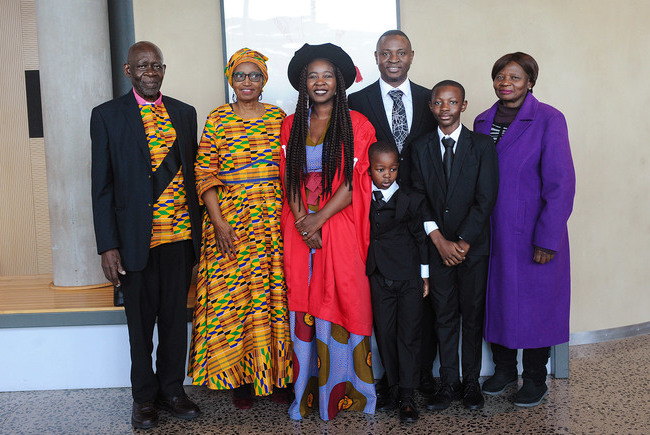
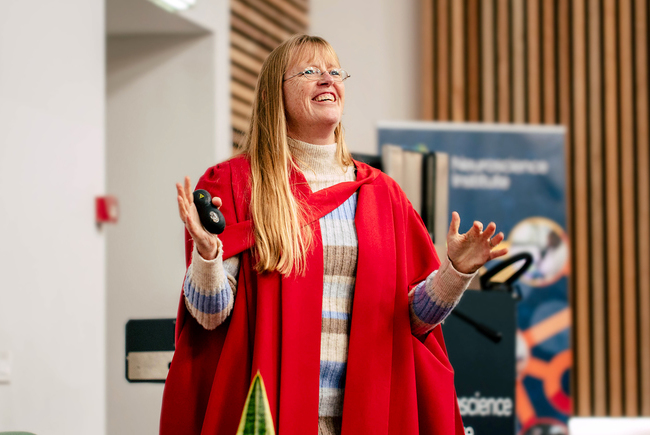

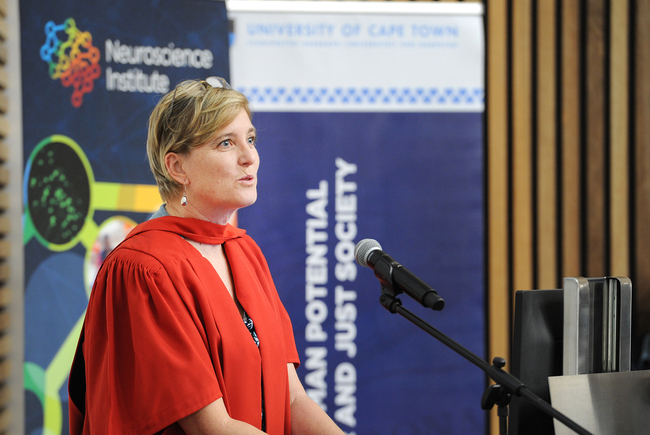

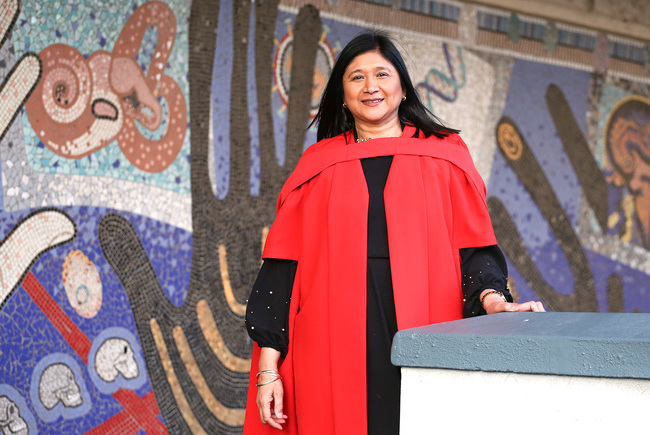
.jpg)
